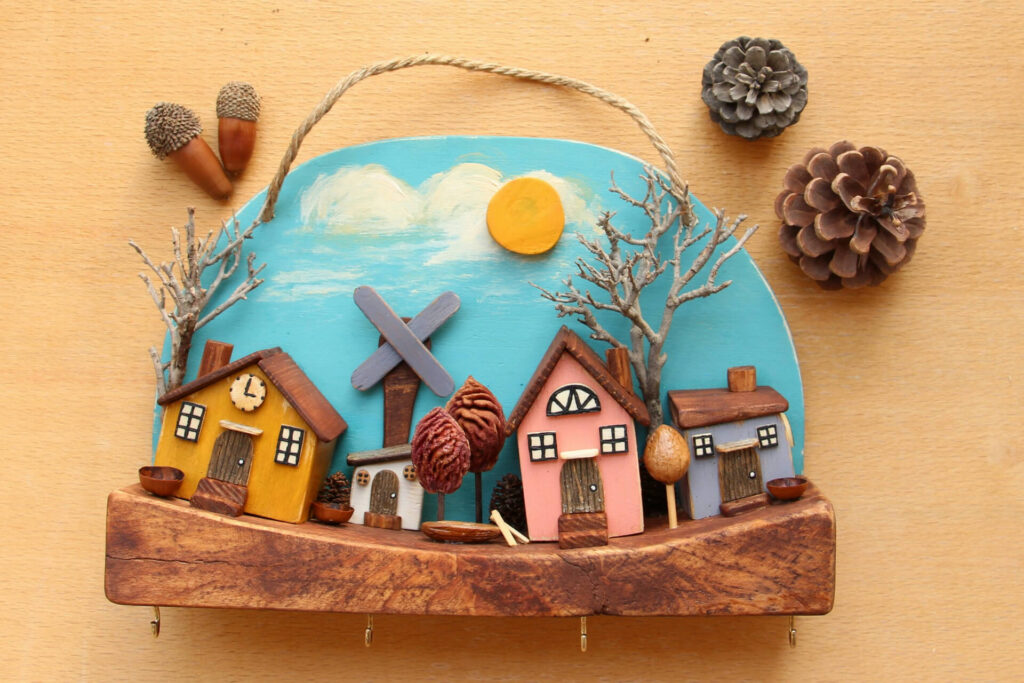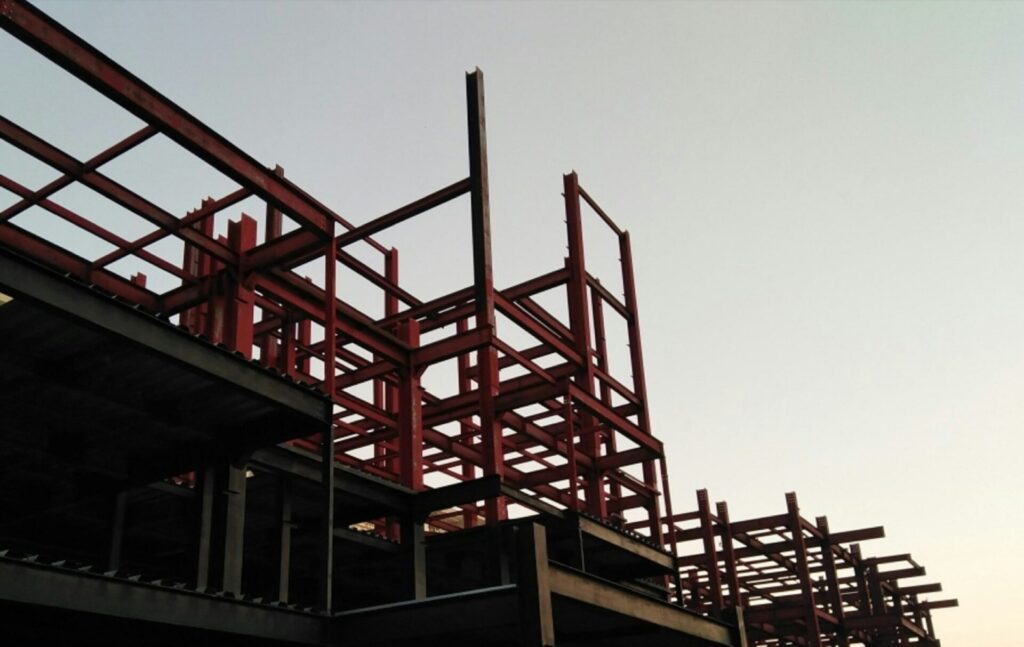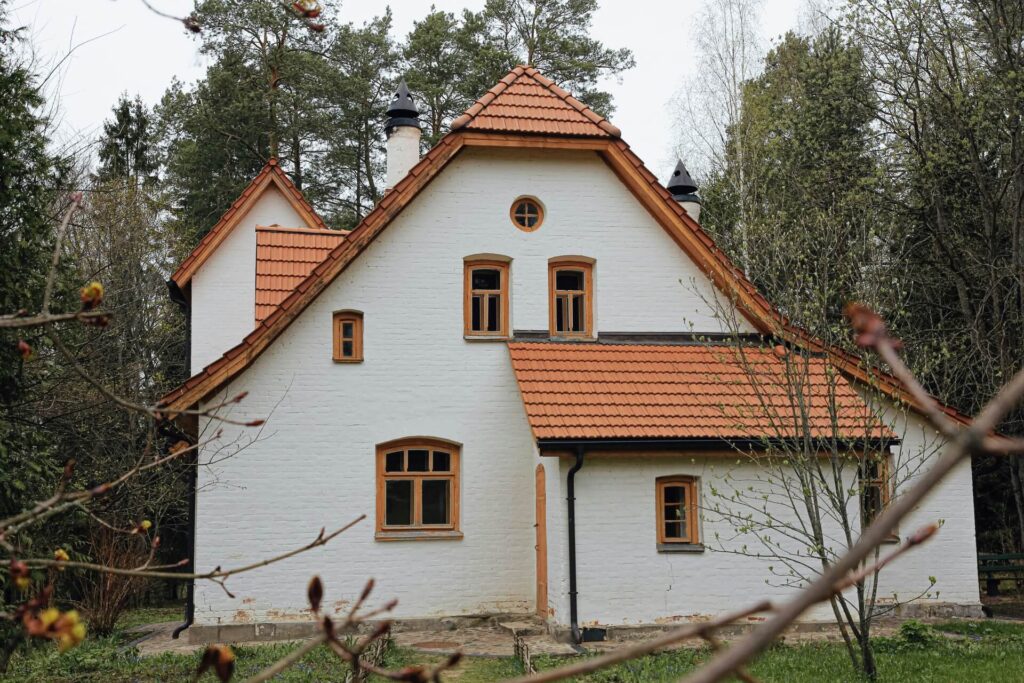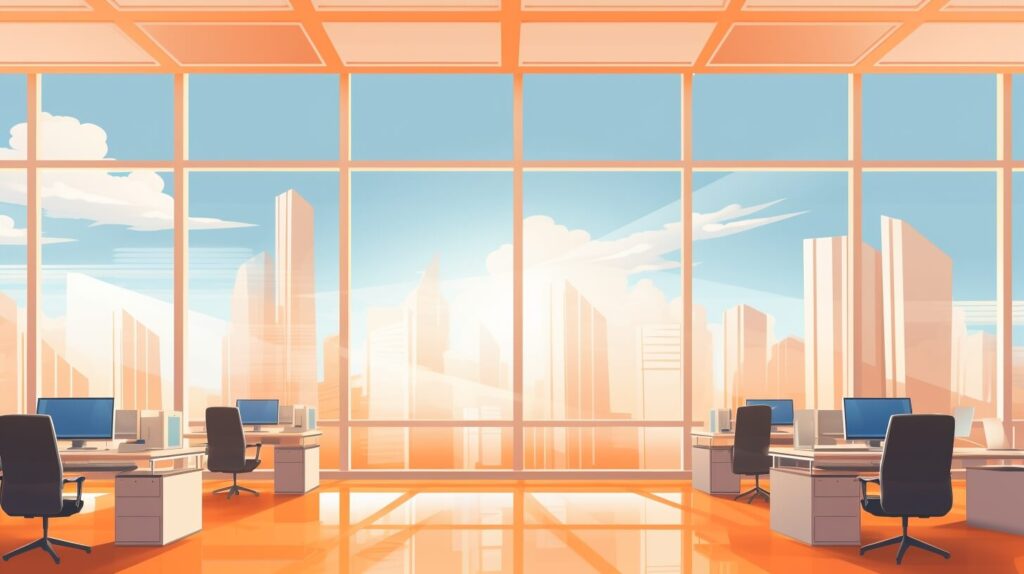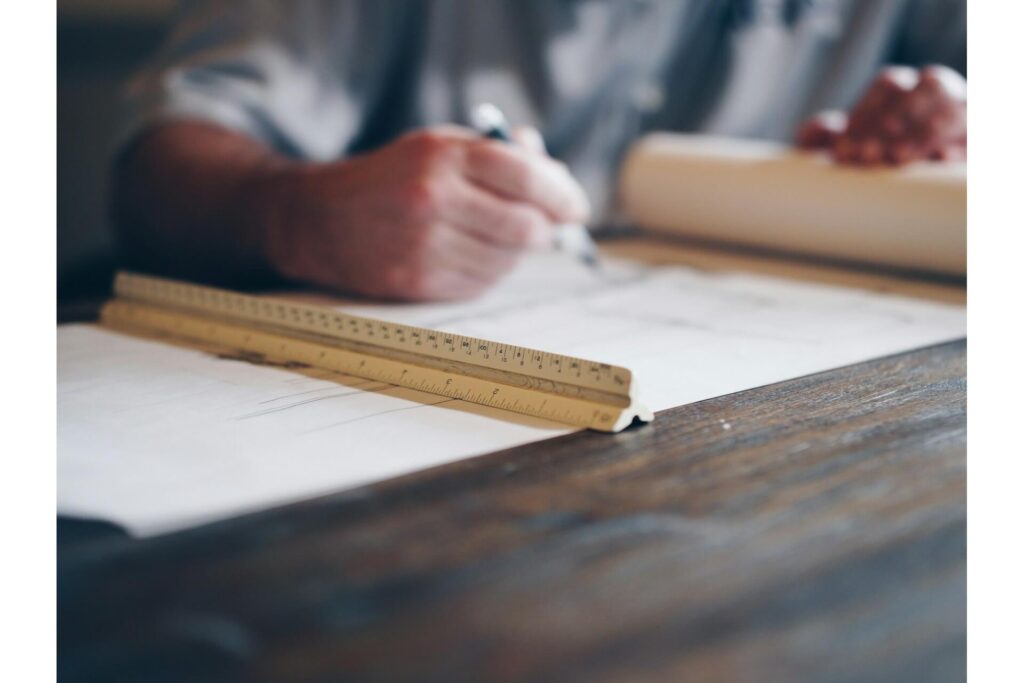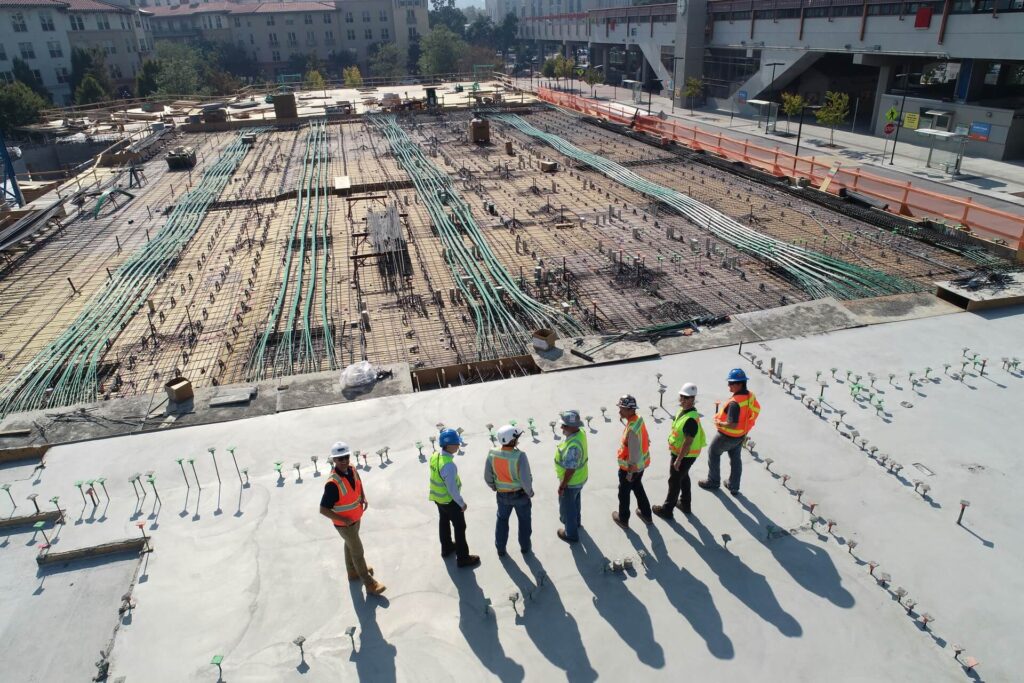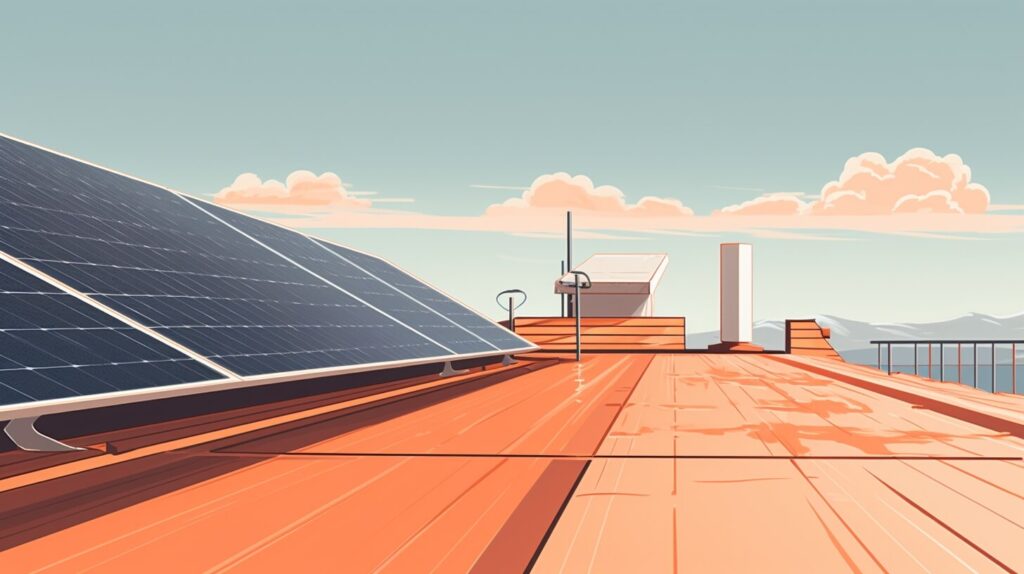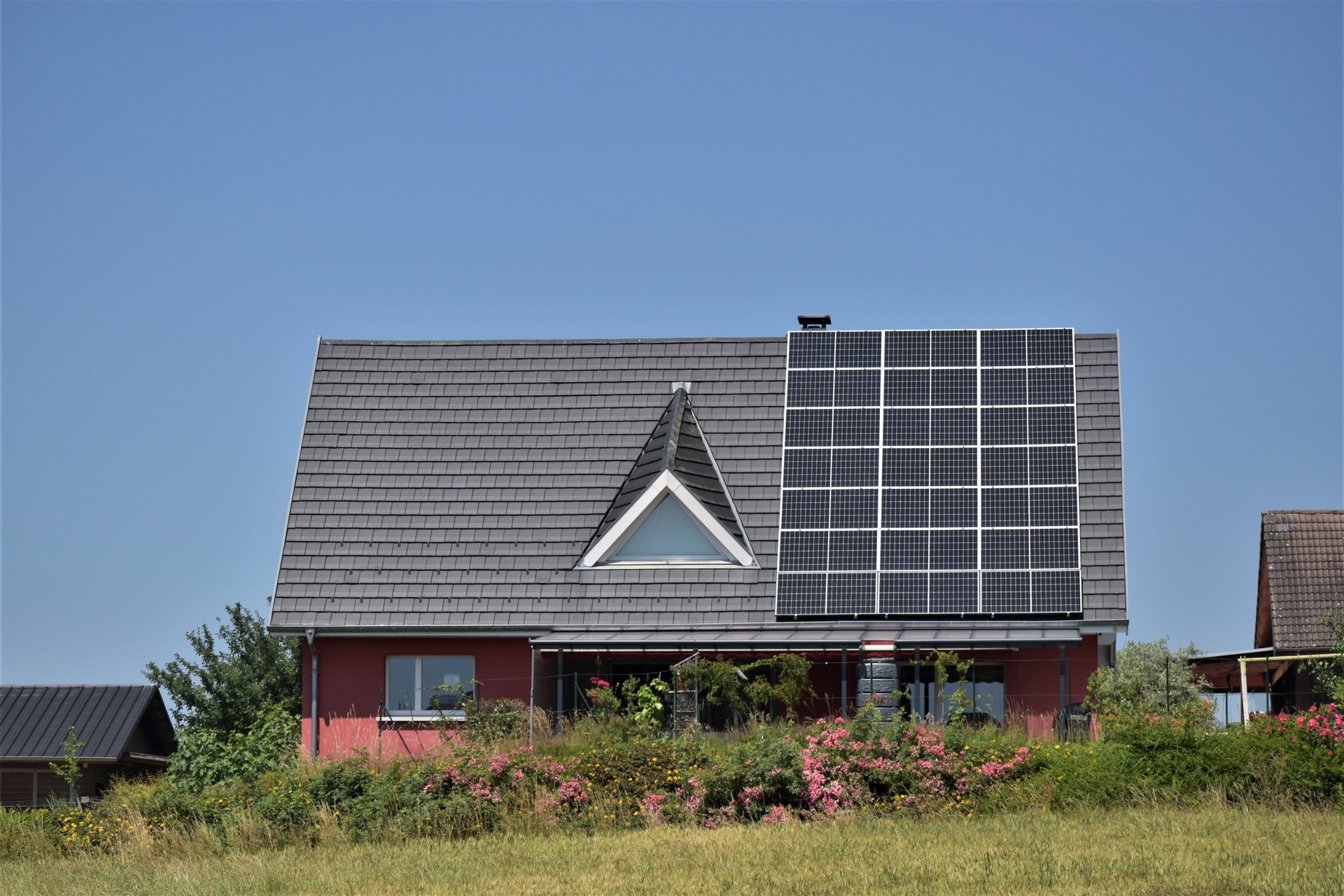
We are reader-supported. When you buy through links on our site, we may earn an affiliate commission.
Living off-grid means you’re disconnecting from public utilities to become more self-sufficient. You generate electricity, manage your water supply and sometimes even produce food.
You might have noticed that more and more people are choosing this path. Whether due to environmental concerns, a desire for independence, or simply the allure of a simpler life, off-grid living is gaining traction. It’s a lifestyle becoming increasingly accessible, especially with advancements in renewable energy and sustainable living practices.
What are the Pros of Living Off-Grid for Renters?
Homeowners often get the spotlight in conversations about off-grid living, but renters also have great opportunities to benefit. The following sections uncover the exciting pros of off-grid living as a renter.
Lower Living Costs
When you live off-grid, you generate your power through solar panels or wind turbines and manage your water supply. This self-sufficiency can dramatically cut down on your monthly utility costs. Over time, these savings can add up to a substantial amount, giving your budget a much-needed breather.
Moreover, some landlords appreciate environmentally conscious tenants who use fewer resources. If you set up your rental property for off-grid living, you can negotiate a reduction in rent. After all, your sustainable practices can also save your landlord money in long-term maintenance and utility costs.
Environmental Benefits
Living off-grid reduces your reliance on fossil fuels, the primary culprits behind climate change and pollution. You’re contributing to a healthier planet by generating clean, renewable energy. You’ll have a direct hand in reducing harmful emissions and combating climate change.
Further, the less you depend on external utilities, the smaller your carbon footprint becomes. When you source your energy from renewable options like solar or wind power, you significantly reduce the emissions linked to your daily life.
If your off-grid rental is a tiny home, the environmental benefits are tenfold. Tiny homes use far less fossil fuels than larger homes and can even reduce energy loss by removing ductworks with mini-splits.
Greater Independence
Off-grid living removes you from the gridlock of conventional housing systems. You’re in control of your utilities, and that brings a certain peace of mind. In addition, you won’t be subject to unexpected outages or dependent on a company’s service quality.
Moreover, being self-reliant in your living conditions gives you a sense of achievement and confidence. You’re not just existing within a system — you’re actively participating in your well-being. The skills you learn while managing your utilities are invaluable, enriching your life and your understanding of sustainable living.
What are the Cons of Living Off-Grid for Renters?
While the benefits of off-grid living are compelling, it’s crucial to consider the flip side. Like any lifestyle choice, going off-grid comes with challenges, especially for renters.
Initial Setup Costs
Going off-grid might sound liberating, but it’s not without its initial costs. Investing in solar panels, water filtration systems and maybe a wind turbine can set you back quite a bit. These upfront expenses are essential for a self-sufficient life but can be a significant financial commitment. If you’re renting, you’ll also need to consider if these investments are feasible or allowed in your property.
Moreover, you might be over your head unless you’re handy with tools and understand electrical systems well. Professionals can help set up and maintain your off-grid systems, but their expertise comes at a cost. It could further elevate your initial expenses, so budgeting these aspects is essential when planning your off-grid transition.
Lack of Amenities
Living off the grid might mean saying goodbye to some modern conveniences you’re used to. For instance, high-speed internet could become a rarity, depending on your location. Streaming your favorite shows or working from home might become a challenge. If constant connectivity is crucial for your lifestyle or work, it is something to weigh carefully.
Another critical factor is access to medical facilities and emergency services. When off-grid, especially in remote areas, getting to a hospital quickly or receiving immediate emergency assistance can be tricky. Ensure to consider your proximity to essential services when thinking about shifting to an off-grid lifestyle.
Legal Challenges
Before setting up any off-grid systems, you’ll need to secure permits and possibly get permission from your landlord. Failing to do so can lead to legal complications, jeopardizing your lease.
Beyond landlord permissions, you must consider zoning laws and local bylaws. Certain areas may restrict what you can and cannot do regarding off-grid living. For example, some states — like Alabama — implement a “solar tax” of up to $5.41 on households with solar panels. Before investing time and money, ensure you know the legal aspects of going off-grid in your location.
What Do Renters Considering Living Off-Grid Need to Know?
Before diving headfirst, arm yourself with some practical tips to make the transition smoother. From choosing the right location to starting small, these insights will help you navigate the complexities and enjoy the rewards of off-grid living.
Talk to Experienced Off-Gridders
One of the best ways to prepare for your off-grid adventure is by seeking advice from those who’ve already leaped to sustainable living. Their experiences can provide invaluable insights into the challenges and rewards you might face. They can offer tips on cost-saving methods, the best equipment types, and how to handle unexpected situations.
Online forums and communities are a goldmine of information. Websites, social media groups and discussion boards dedicated to off-grid living can connect you with like-minded individuals. You can ask questions, share concerns and get recommendations from people in your shoes.
Research Your Location
You’ll want to understand the local laws and geography where you plan to go off-grid. Knowing the zoning regulations, permit requirements and restrictions of your landlord is crucial. You don’t want to invest in a solar setup only to find out it’s against local ordinances or your lease agreement.
Next, consider the climate and availability of natural resources in your chosen location. Will there be enough sun for solar panels or wind for a wind turbine? What about water sources? These factors will help you decide what kind of off-grid systems you’ll need and how viable they are for your location.
Start Small
Taking the full plunge into off-grid living can be daunting. That’s why easing into it is often an intelligent approach. You could start by installing a solar panel to power some of your appliances or setting up a rainwater collection system for your garden.
Another way to transition is by trying out partial off-grid solutions first. For instance, you can opt for a hybrid system to connect to the grid and generate some of your power. This approach offers a safety net as you get accustomed to the off-grid lifestyle. Plus, it gives you time to learn the ropes, understand the equipment and become more comfortable with your new way of living.
Is Living Off-Grid Right for You?
Off-grid living is entirely feasible for renters but requires careful planning and consideration. Everyone’s situation is unique, and what works for one person may not work for another. Take into account your budget, lifestyle needs and long-term goals as you make this critical decision.
With the proper preparation and a measured approach, you can join the growing community of renters taking control of their lives and resources while positively impacting the planet.

